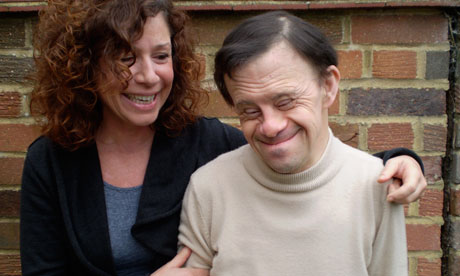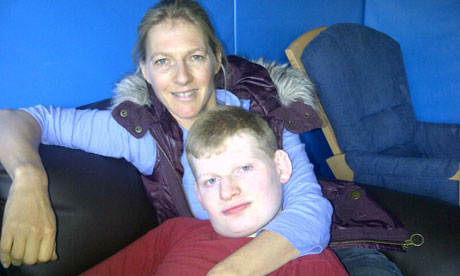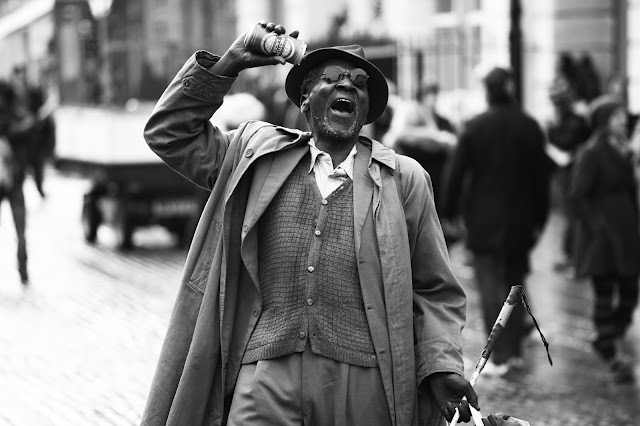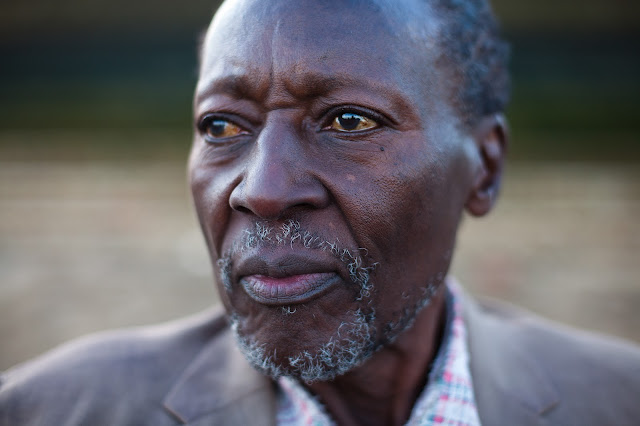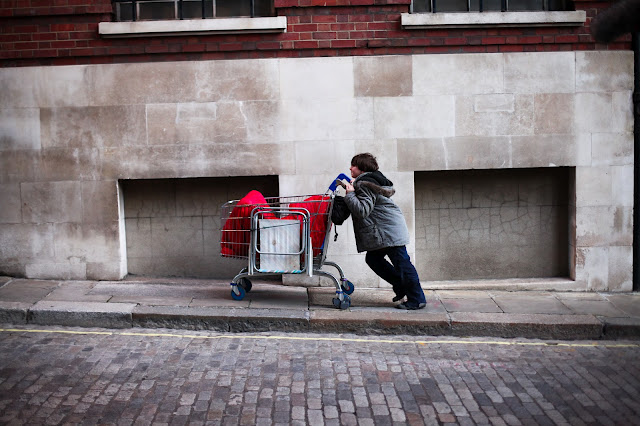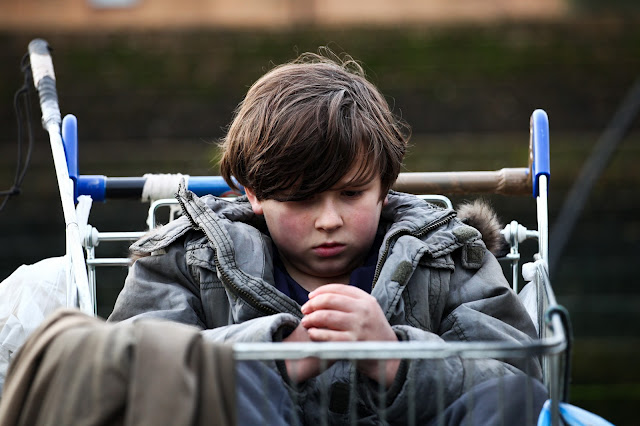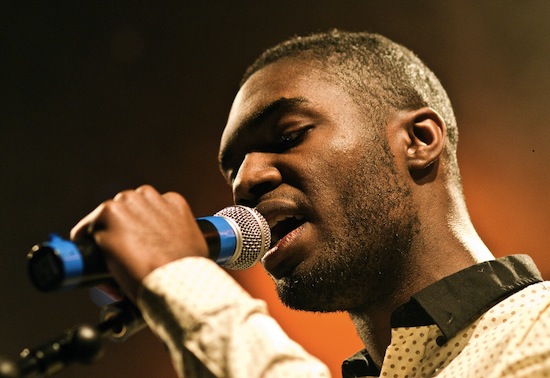
Games Through Our Eyes is an accessible website for the 2012 Paralympic Games created by young reporters with learning disabilities. The team is supported by arts group Heart n’ Soul and social enterprise communications agency Poached Creative.
Games Through Our Eyes is covering wheelchair rugby, the three Paralympic sports open to people with learning disabilities (swimming, athletics and table tennis) as well as the Cultural Olympiad. This year is first time in 12 years that people with learning disabilities have been allowed to compete after Spain’s basketball team faked their disabilities in the 2000 Sydney games.
The reporting team includes Dean Rodney, a 22-year-old singer and rapper with autism whose audio-visual project, the Dean Rodney Singers, is part of the Cultural Olympiad. Dean, who has honed his performing talents through Heart n’Soul and who I’ve blogged about before, is part of the Unlimited showcase at London’s Southbank Centre starting today. Unlimited is staging cultural events alongside the Paralympic Games, having made major new commissions in disability, arts, culture and sport (for artist Rachel Gadsen’s contribution to the Cultural Olympiad, for example, see this previous post).
As far as the new website goes, Lilly Cook, one member of the reporting team, says the aim is for everyone with disabilities and learning disabilities “to be able to find out about them and all the other amazing things going on around them.” As Lilly adds in a recent blogpost: “Paralympic sports are just as exciting, professional and emotional as the Olympics.”
Alongside Lilly and Dean, the other reporters are Nicola Holley, Poppy Collie, Shalim Ali, and Laura Jarvis.
Expect some good coverage of Dean’s installation; the Dean Rodney Singers is an international digital collaboration of 72 musicians and dancers with and without disabilities from countries including Japan, China, South Africa, Germany, Brazil, Croatia and the UK. Their online interaction results in new music, dance and video and 23 of their pieces will be launched at the Southbank Centre today, with audience participation promised through interactive technology (the idea is viewers and listeners engage with the performers).
As well as the Dean Rodney Singers, other Heart n Soul artists perform in events during the Paralympics – the fabulous Lizzie Emeh at the Trafalgar Square Live Site this Sunday – fresh from accompanying Beverly Knight at the Paralympics opening ceremony – and The Fish Police (which Dean Rodney also fronts) at the Potters Field Live Site on Monday. The arts group’s spectacular multi-media club night The Beautiful Octopus Club (created by and for people with learning disabilities) is on Friday 7th September at Southbank Centre, the final weekend of Southbank’s Paralympic Games celebrations.
Keep up with the news on Twitter by following the Games Through Our Eyes team at @ourparagames


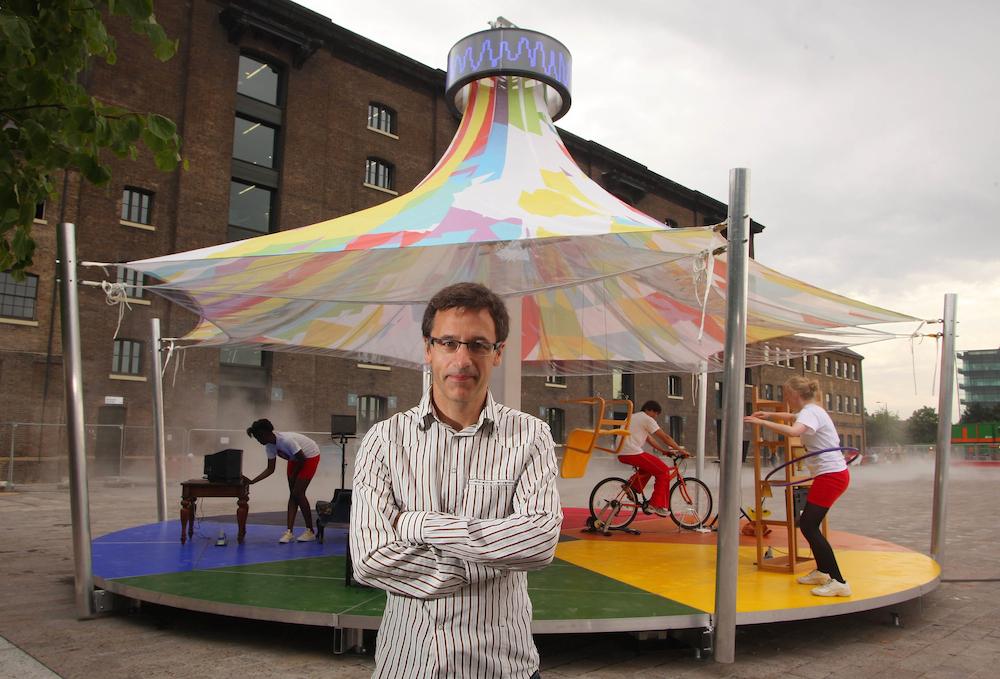

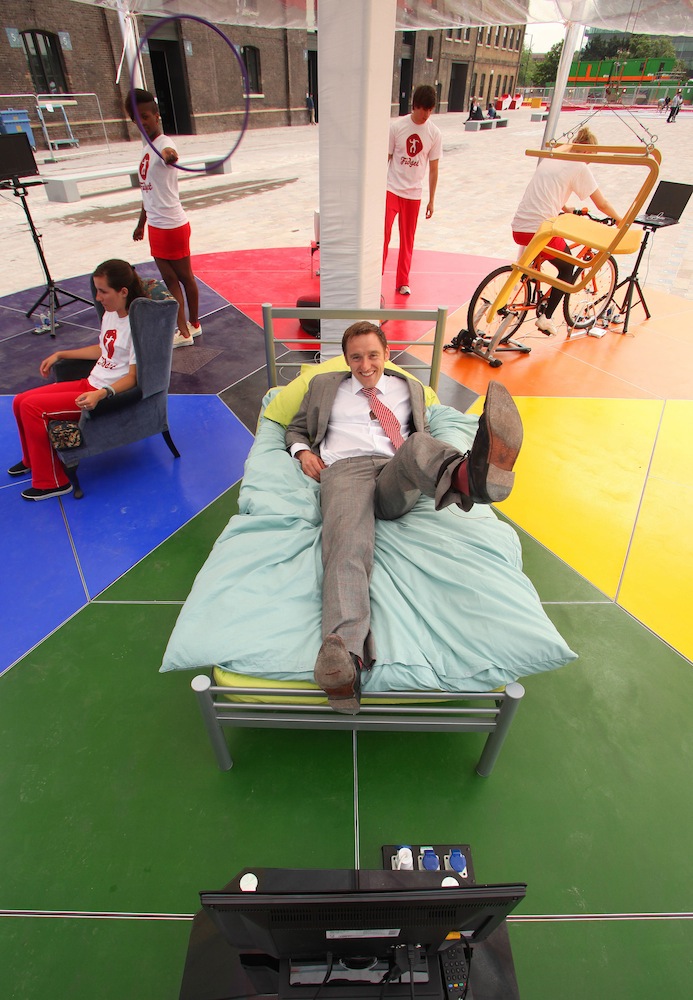
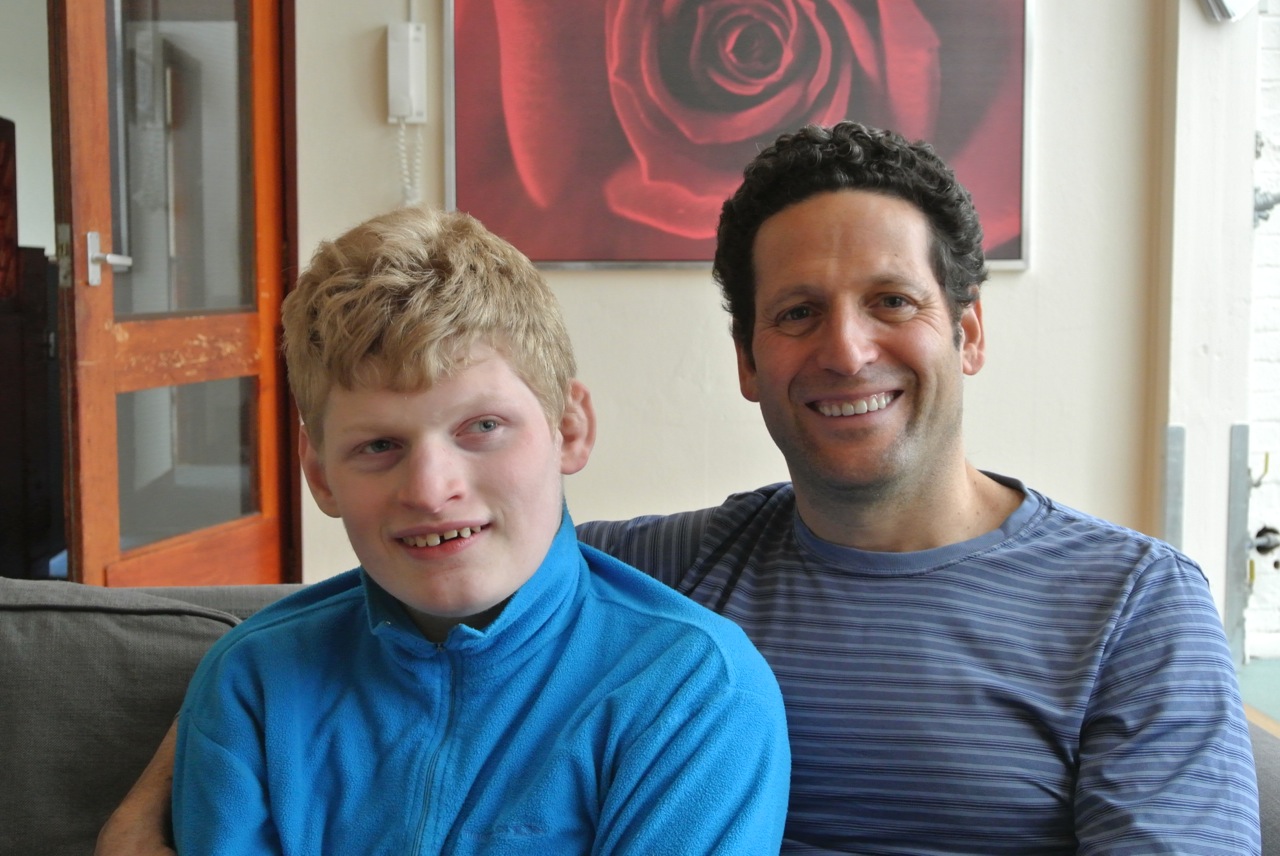
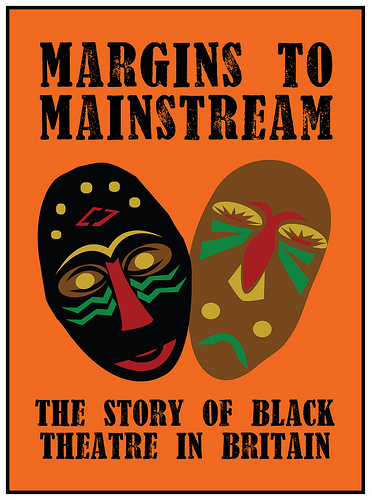 The term black theatre might conjure up images of a niche and very 20th century concept, but from
The term black theatre might conjure up images of a niche and very 20th century concept, but from 